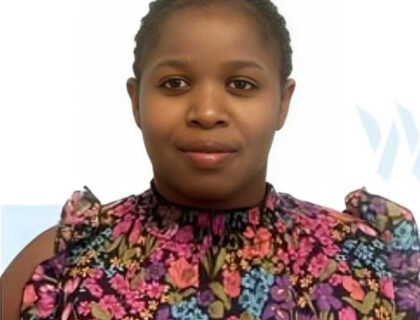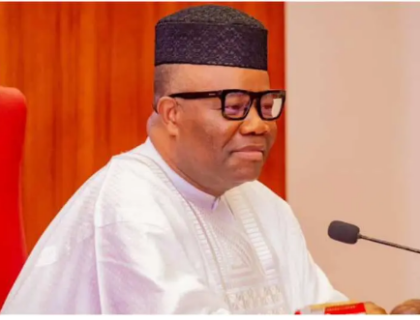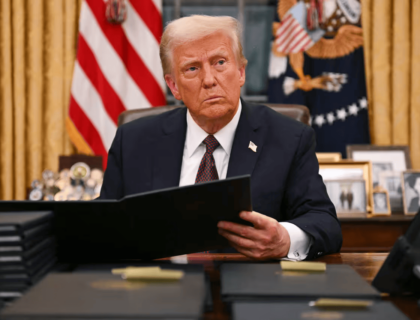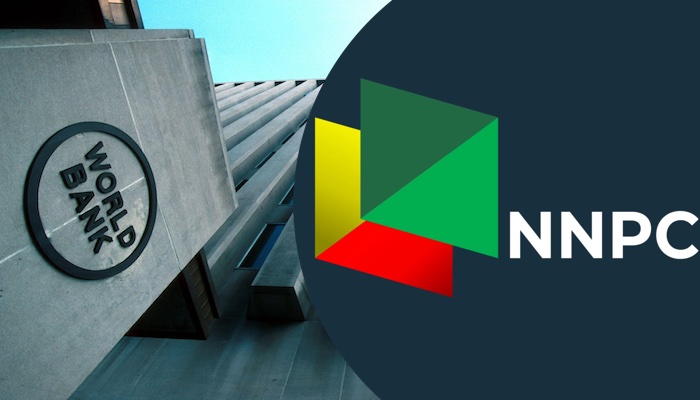World Bank: NNPCL’s Reports to FAAC Inconsistent and Lacking Revenue Details
The World Bank has expressed concerns about the Nigerian National Petroleum Company Limited’s (NNPCL) “lack of transparency and inconsistent financial reporting,” which it asserts has hindered effective oversight of oil revenue distribution to Nigeria’s Federation Account.
These findings were detailed in the bank’s Accelerating Resource Mobilisation Reforms (ARMOR) Report, published on May 17, 2024.
The World Bank criticized NNPCL’s governance, highlighting that the reports submitted to the Federal Account Allocation Committee (FAAC) were inconsistent and missing essential information, such as details on pledged revenues, crude oil trade values, actual payments, and receipts from international transactions.
“Non-transparent reporting to the Federal Ministry of Finance (FMF) and FAAC makes it difficult for authorities to oversee NNPCL’s performance,” the report stated.
The report also flagged NNPCL’s practice of pledging oil barrels for business deals. It noted an agreement to pledge 35,000 barrels per day in exchange for a stake in the Dangote Refinery, with a total investment estimated at $5.8 billion as of 2022, yet the declared revenue was reportedly below expectations.
Furthermore, the World Bank highlighted that while international oil prices rose by 116% from 2020 to 2023, Nigeria’s net oil revenue to GDP ratio decreased from 2% to 1.8%.
This decline was attributed to falling oil production and fuel subsidies managed by NNPCL. The ARMOR report warned that Nigeria’s heavy reliance on oil revenue has made the economy vulnerable, with production dropping from 1.8 million barrels per day in 2020 to 1.4 million in 2023 due to security challenges and underinvestment.
In addition to addressing these issues, the World Bank urged Nigeria to implement fiscal reforms to diversify its revenue sources and enhance non-oil revenue collection. The Nigerian government is seeking a $750 million loan as part of a broader $2.25 billion package from the World Bank to support its economic reform initiatives.
These funds are contingent on demonstrable progress in boosting VAT collection, ensuring corporate tax compliance, and modernizing tax and customs administration.
The ARMOR program aims to increase VAT collections to 1.8% of non-oil GDP and improve digital tax infrastructure. Despite tax reforms in 2020-2021, Nigeria’s non-oil tax revenue remains low compared to other developing nations.
With a VAT rate of 7.5%, Nigeria has the lowest rate in Africa, significantly below the Sub-Saharan Africa average of 15.8%.
You may be interested

Military Kills 1,770 Terrorists, Arrests Over 3,000 In North-West – CDS
gisthub - Apr 25, 2025The Chief of Defence Staff, General Christopher Musa, has disclosed that the Nigerian Armed Forces neutralised at least 1,770 terrorists and arrested…

Bloom PFM earns ISO certification
gisthub - Apr 25, 2025Bloom PFM, a Nigerian facility management firm, has earned the ISO 9001:2015 certification, marking a significant step in its pursuit of quality and…

Kenyan Woman Shot Dead By Her Babydaddy After Domestic Squabble In The US
gisthub - Apr 25, 2025A tragic incident occurred in the United States on Tuesday, April 22, 2025, when Hulda Bochere Mosiori, a 42-year-old mother of four from…
Most from this category

Killings: Alia Guarantees Corps Members’ Security In Benue
gisthub - Apr 25, 2025
Akpabio Heads Nigerian Delegation To Pope Francis’ Funeral
gisthub - Apr 25, 2025
Russia Detains Romanian Suspected of Espionage for Ukraine
gisthub - Apr 25, 2025











Leave a Comment